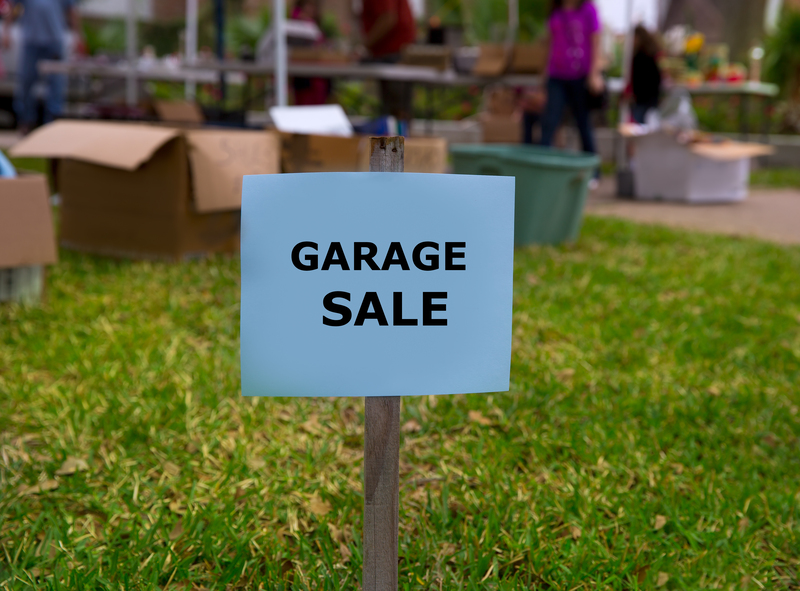Understanding Hard Rubbish
Hard rubbish refers to large waste items that are often difficult to dispose of through regular waste services. These items typically include old furniture, household appliances, bicycles, and other bulky items that do not fit into regular bins. Proper disposal of hard rubbish is crucial in maintaining a clean and safe environment.

Why Proper Disposal Matters
Incorrect disposal of hard rubbish can lead to a host of environmental and health issues. Landfills can become overcrowded, leading to increased pollution, while hazardous materials from certain appliances can leach into the soil and water. It's important for both individuals and communities to employ responsible and efficient methods of hard rubbish disposal.
Effective Methods of Hard Rubbish Disposal
1. Local Council Pick-Up Services
Many local councils offer scheduled or ad-hoc pick-up services for hard rubbish. These services are often included in residential waste management plans, allowing residents to dispose of bulk items a few times a year. Contact your local council to find out the schedule and guidelines for these collections.
- Ensure that items are placed on the curb only during designated pick-up times to avoid fines.
- Separate recyclable materials from general waste if stipulated by the council.
2. Private Junk Removal Services
Hiring a private junk removal service is another effective method for hard rubbish disposal. These services are convenient and flexible, often allowing for same-day pick-up at a cost. They will handle sorting, loading, and disposal, saving you effort and time.
- Choose licensed and insured service providers to ensure responsible disposal.
- Compare services based on pricing and eco-friendly disposal practices.
3. Recycling Centers
Some materials, such as metals and electronics, can be recycled, turning waste into reusable resources. Locate a nearby recycling center that accepts hard rubbish and take your items there directly.
- Check the list of accepted items before heading to the center.
- Some centers offer drop-off services for free or at a minimal charge.
4. Donation and Repurposing
If your hard rubbish items are still in usable condition, consider donating them to charity organizations. Many charities accept furniture, appliances, and other items, giving them a second life and helping those in need.
- Contact organizations to understand their acceptance policies and whether they offer pick-up services.
- Repurposing items into something new can be a fun DIY project, helping reduce waste while enjoying a creative activity.
5. Skip Bins
Hiring a skip bin can be a practical solution for major cleanouts, renovations, or moving houses. Skip bins allow you to dispose of a large volume of hard rubbish at once, and many companies will handle the sorting and disposal process.
- Select a bin size that matches your disposal needs to avoid extra charges or overfilled bins.
- Some restrictions may apply to the types of waste that can be placed in a skip bin, so check these guidelines first.

Legal Considerations
Illegal dumping of hard rubbish is a major concern in many areas, leading to significant penalties. Familiarize yourself with local laws and regulations related to waste disposal to ensure compliance and avoid fines. Legal disposal not only protects the environment but also keeps your community clean and safe.
Conclusion
Effective hard rubbish disposal involves understanding your options and choosing the right method based on the type of waste and availability of services. By utilizing council collections, hiring private services, recycling, donating, or employing skip bins, residents can manage hard rubbish responsibly. Taking these steps helps to conserve resources, prevent illegal dumping, and contribute to a sustainable environment.
Engage with your local community and waste management authorities to ensure access to the best resources and services available. By collectively embracing responsible disposal practices, a more sustainable future can be achieved for everyone.